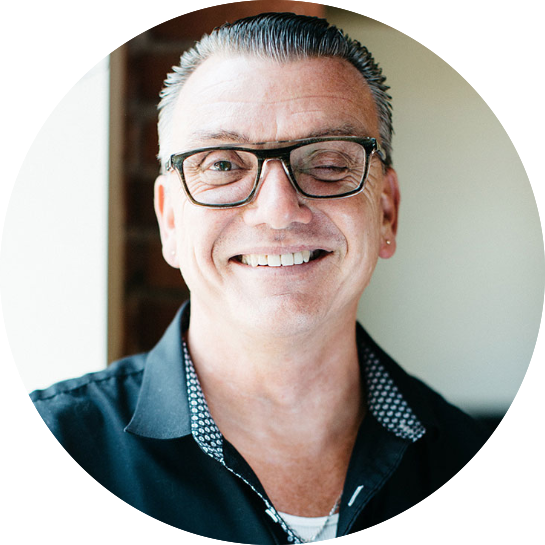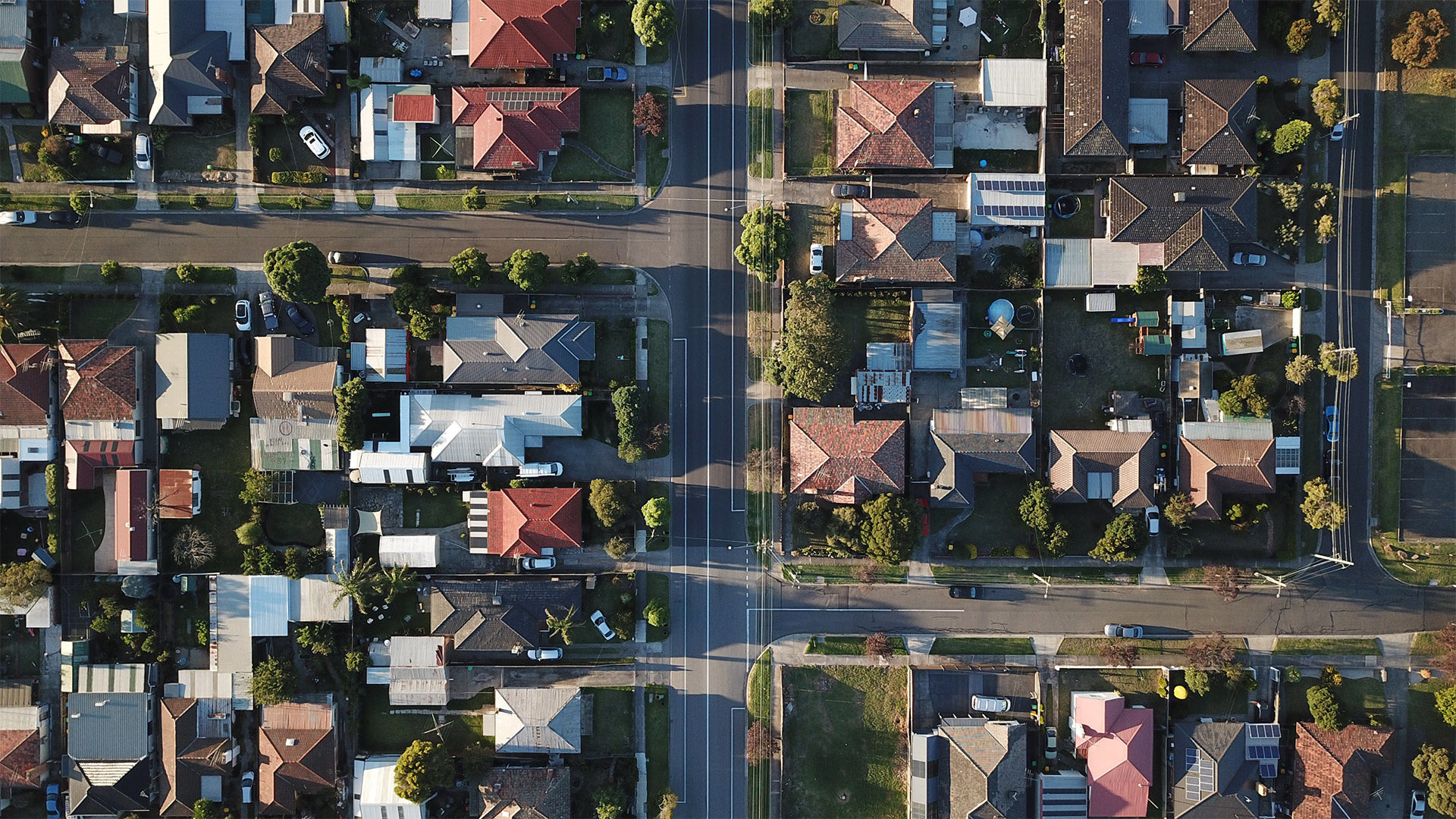We live in a culture constructed on the scaffolding of systemic racist ideas, the racialization of ethnicity or safely siloed in our own ethnic communities. The murders of Breonna Taylor, George Floyd, and Ahmaud Arbery; as well as the Make America Great Again anthems, have illuminated where we are in regard to equity and justice. These events reveal our country’s problematic history regarding race and power. The systemic cocktail of bias, power, privilege, and entitlement have shaped the unwritten rules that form the social fabric of our country.
One of my concerns (here at home in progressive Seattle and at The Seattle School of Theology & Psychology) is that white supremacy and privilege don’t just manifest themselves in swastikas, hooded robes, bad cops, cover-ups and white nationalist ideology. Overt supremacy causes us, those of us who consider ourselves progressive, to psychologically suppress and distance ourselves from our own bias and supremacist characteristics. Our impulse is to say, “We are not like that!” However, this psychological dissociation never allows us to get to the covert seeds of racism planted deep within all of us who are part of the White majority.
A while back I was at a party in my neighborhood. I struck up a conversation with a young Black woman. As we introduced ourselves to each other, she told me she had come to Seattle to work in the medical field. I’m ashamed to admit it, but my first thought was that she must be a medical technician or a traveling nurse. As we talked more, she told me she was an OB/GYN. While Linda and I walked home, I shared my deep embarrassment over my initial assumption. I am limited by the stories that I have access to, my bias, and my blind spots.
In the middle school my sons attended, 97% of the student population (students of color) were referred to as “minority.” The 3% of the student population who were White were still referred to as “majority.” The mental model where the most are called minority and the few are labeled as the majority is crazy-making in the message it sends. It’s a wonder that any of these children passed the state math exam. Minority less than… majority greater than…think of the impact!
As a White man, I hold within me the myth of white exceptionalism and individual achievement. These myths infer that I “know” and I can help. However, these mental models interfere with the posture I must take to deconstruct my own racist ideas. The way forward begins with weakness and vulnerability. These are counter-intuitive to power and privilege.
What if I admit I don’t know and I can’t help? Can I sit in the liminal space that “I don’t know” creates? Can I continue to go through the painful and disorientating process of unlearning the power that affords me the confidence to always have an answer? It starts with “I don’t know.” It’s hard for White men to access the social narratives and psychological categories necessary to live into weakness and vulnerability when we have been called the majority. It’s hard to live into the ambiguity of who I am and move into places where I don’t know where I fit in when so much of me has been afforded the privilege of self-determination.
To admit that I don’t know means that I must be in proximity to people who see the world differently than me. I must live in the middle of other narratives that decenter my own. Doug Hall, one of my professors in my doctoral program, claimed that one of the challenges for White men doing justice work is the painful process of “unlearning” power and all you think you know.
My life must be lived in and with difference, which exacerbates the feelings of vulnerability and discomfort that whiteness has been socialized to avoid. This will shake my social identity. Seattle White progressives are great at listening to public radio and accessing public libraries. But, public transportation? No thank you. Public schools? Not my kids. The position of proximity is one of vulnerability and illumination.
I cannot read my way out of the problem of my perceived power and the deconstruction of white superiority. It won’t happen at one protest or one church service. The protest march or the BLM sign in my front yard might make me feel better when I feel powerless to prevent police pushing their knee into the neck of George Floyd; however, these events serve merely as an inoculation if only done in isolation. These moments of crisis serve as an indictment—revealing how far I am from the problem and from a network that is building systemic change.
Where do I live? Where do I shop? Where do my kids go to school? Proximity illuminates the issues and affords me the gift of stories other than my own. Deconstructing the systems that perpetuate inequity isn’t simply about having more diverse friends. It means living in a way that sees and feels the impact of police brutality, the opportunity gaps in education, and the inequity of politically underrepresented neighborhoods. Until those problems become my problems, nothing will change.


